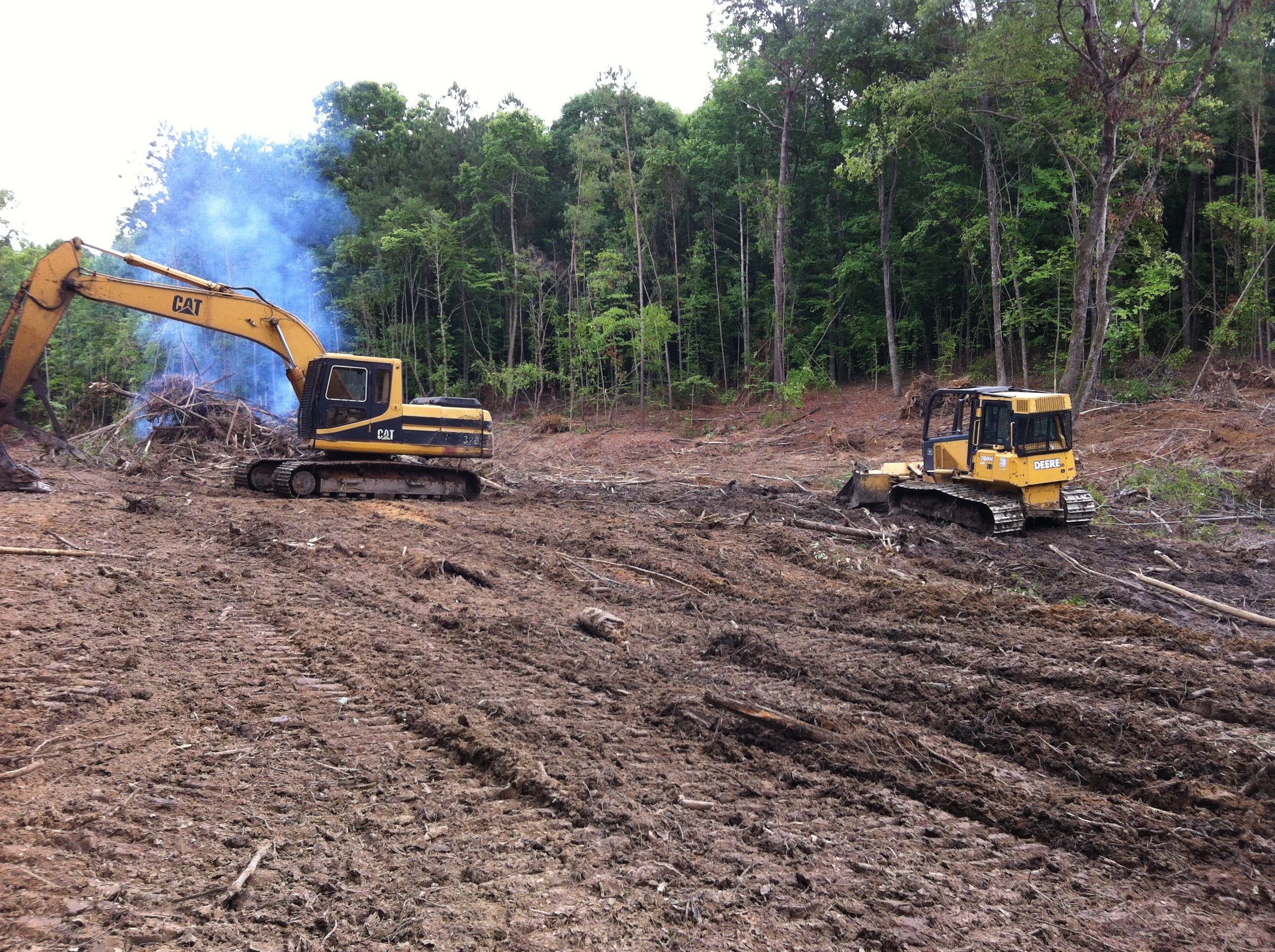For Deer Camps, Scheduled Work Days are Vital
Dr. John Woods 11.05.13

Every deer camp has to have a work day. Things happen in camp from one hunting season to the next, and (out at our place at least) it’s a shame that few owners are in camp from March until the fall when they start thinking about deer hunting. That means things get neglected, and they have to be taken care before we can settle into a deer stand again.
Our deer property is located in Central Mississippi, right alongside the infamous Big Black River, in an area known for high quality soils and deer habitats. Our 680 acres has a mile frontage on the river. Annual floods bring high value silt into the property, and that helps built great wildlife food plots. Of course, that’s what happens when the rain gods play right. They have not for several years.
So last Friday, three of us headed up to camp for a work day. We’re about an hour and a half drive away from home so it’s not too bad. We had some preliminary assessments about work projects needed from a drive through done by another member a month ago.
We carried up mowers, trimmers, a new API tripod stand, tools, ATVs, and a case of water for the long, hot day. We had our work list pre-planned, which is something we learned to do years ago. Otherwise folks stand around for an hour wondering what to do.
Our first greeting was in the driveway off the main state highway. Somebody had screwed around with the gate locks and chain again. A gas pipeline company and the regional utility outfit have padlocks on our gate for their access. The chain goes through two welded loops at the top of the center post. For some reason, the chain was found at the bottom of the gate, thus allowing anyone to simply pull out the center post to go in.
Camp security is always an issue out in the country since we are only about a mile from the city limits of a small town. Our cabins have been broken into before, and it’s amazing that it doesn’t happen more often. We leave little of value, but they take whatever is there, including microwave ovens, can openers, flashlights, kitchen utensils, pots, pans, left behind clothes, and such. If you leave the gate open even while in camp, some stranger will drive in “just to see what is there.”
Once in the camp yard, we could see that mowing was going to be a high priority. One owner cranked up the Zero Turn and went to work. I filled up the sprayer with weed killer and walked the whole camp yard and around four cabins to hit the high weed spots a mower can’t get to.
Our cabin needed a good sweep to gather up the hundreds of dead ladybugs everywhere. The AC units all worked and the water came on. I always have my fingers crossed on the electric and water, especially the hot water heater and the refrigerator. Those are vital.
Once the camp house and yard were in order, we set out to check our sixteen hunting stands, shooting houses, and such. A bad wind storm had toppled two tripods, one beyond repair. One leg was bent so bad that only a welder could fix it. We were able to upright the other stand, tighten all the bolts, and get it back in service.
We completed the assembly of the new stand and got it set up. It was to replace an old tripod that had finally rusted into an unsafe condition after 20 years in the weather. I sprayed around the shooting houses that had grown completely over with an annual vine coverage. In a month we will climb into each one with a can of wasp spray and a broom.
We cruised the entire property, checking where posted signs would need to be replaced. I checked the far western end property gate that was rumored to be open. The power company comes in to mow their power line. They just cut our locks off the cable even though we send them a key. I wrapped it closed with a length of barbed wire.
Owning hunting property is a great thing, but there is no escaping the work. We planted 30 acres of food plots, and it took one more work day to finalize everything. Finally we were ready for another deer hunting season open for archery on October first.